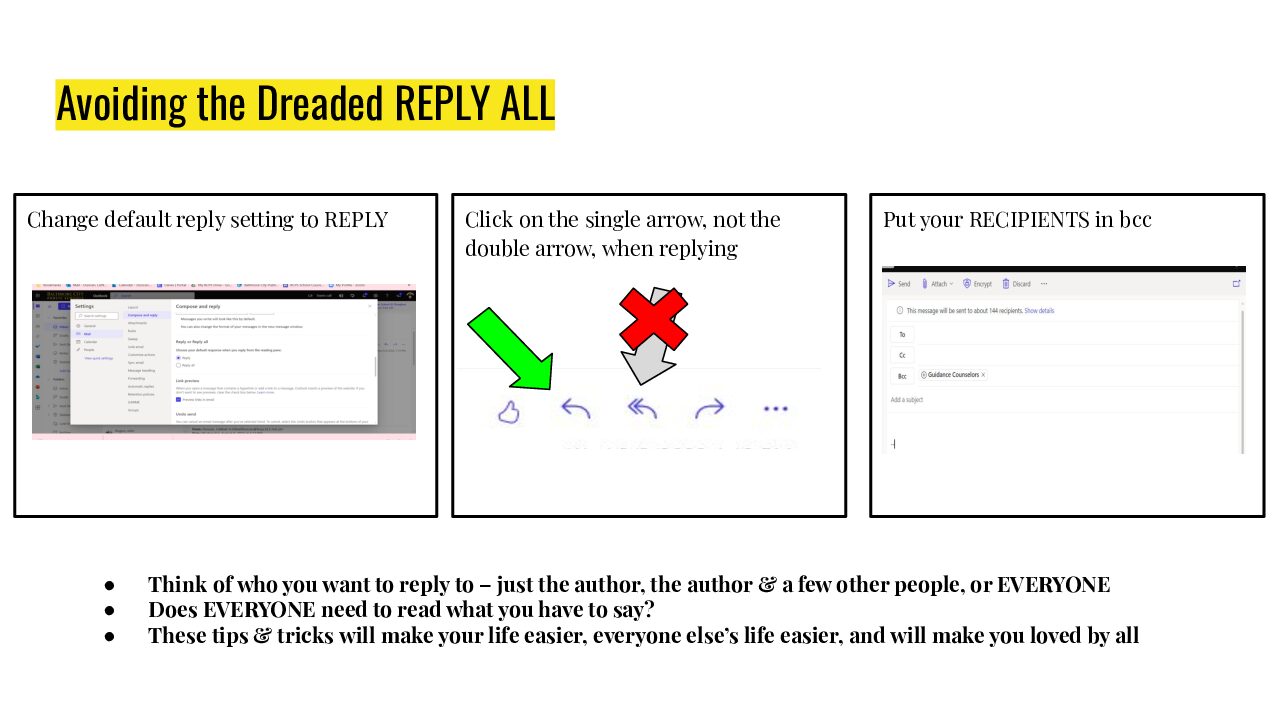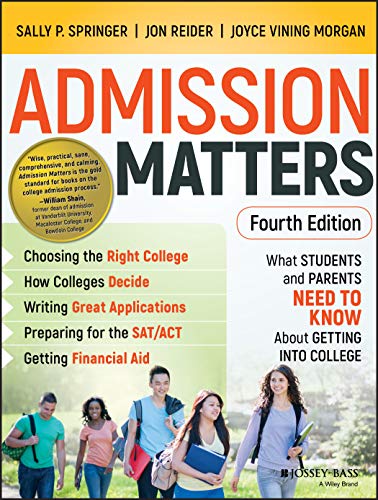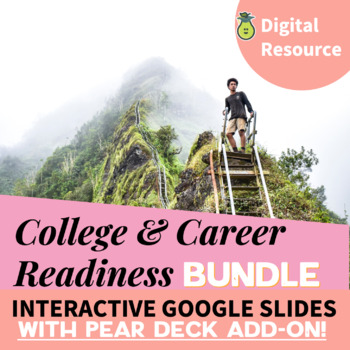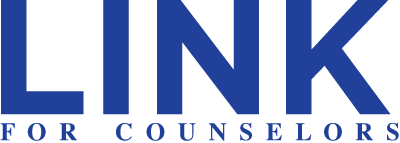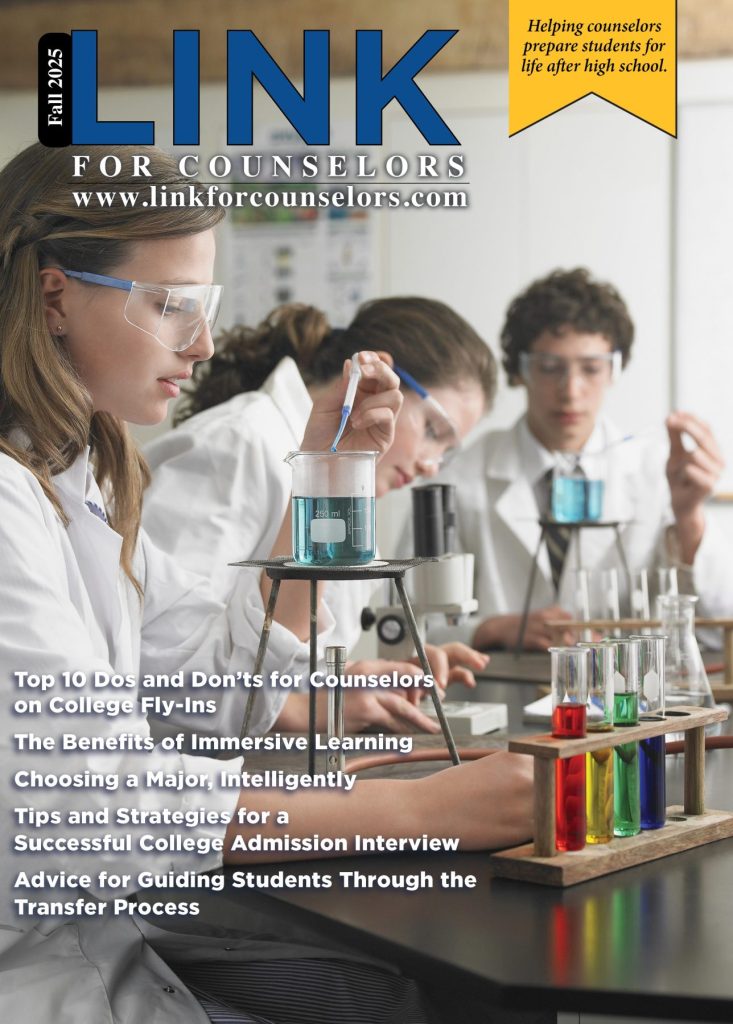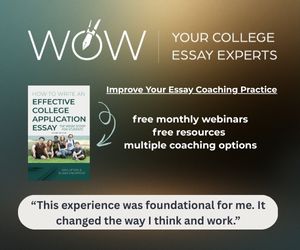Burnout: How to help your student & yourself achieve balance in work, school and life
In these days of overstimulation from social media, the ongoing pandemic, news broadcasts, working too many hours, taking college prep courses and trying to have an enjoyable home life, student burnout is more prevalent. But what exactly is it, how can we help our students avoid it or at least have tools to lessen its hold on our lives?
There are three main types of burnout: school, work and social. Who knew? One gets tired and stressed just reading these terms.
However, generally speaking, according to a recent article from the Cleveland Clinic, “if you are feeling exhausted and sluggish, and even simple tasks feel overwhelming to complete—or you find yourself so stressed out that you’re quick to get angry or frustrated—you might be experiencing burnout.”
Students may be surprised to learn that burnout in college is a major problem. A 2021 Boston University study found that more than half of the 33,000 surveyed college students experienced anxiety or depression. And 83 percent of respondents said their mental health hurt their academic performance.
Signs to watch for in your high school student, according to Southern New Hampshire University, could include:
· Constant exhaustion
· Lack of motivation
· Frequent frustration
· Suffering grades
· Difficulty paying attention
· Disengagement from friends and family
Counselor burnout
School counselors certainly can experience burnout as well. Work or occupational burnout can result from a variety of factors, including lack of control, an inability to influence decisions that affect your job or unclear job expectations. According to the Mayo Clinic, signs could include:
· Feeling tired or exhausted
· No enthusiasm, and feelings of negativity toward your job
· Inability to perform your job
Social burnout
If you or your student are getting irritable with family and friends for no reason and suddenly the mood shifts, you might be dealing with social burnout. Tiffany Harris with Transcend Counseling Services said she’s seen the burnout first-hand. Some signs could be:
· Shutting down certain parts of the brain in an attempt to focus on just a few things at a time
· Channelizing or having tunnel vision
How to handle it all
Since we are all different human beings, there is no perfect solution, but Dr. Adam Borland of the Cleveland Clinic suggests the following to get us and our students back in balance:
· First, recognize burnout is present
· Consider seeing a therapist (someone impartial and trained to give clinical feedback)
· Take a break, if only for an hour, to check-in to see how we are doing mentally and physically
· Take a few minutes every day to do some type of exercise
· Practice mindfulness (taking a few deep breaths helps focus on the moment)
· Establish a daily routine
· Start to build and enforce work-life boundaries
· Explore a hobby or volunteering outside of work
Extra tips for school burnout
You may be able to help your student through high school and prepare for college burnout by encouraging them to:
· Learn to say no; they may feel intense pressure to hustle and get ahead
· Focus on time management
· Prioritize sleep and exercise
· Set reasonable goals
· Make time for fun
· Ask for help
Now that you know the facts and healing suggestions, perhaps you and your student can find more balance in your lives. That’s a good thing!
Joanne Leone speaks at My College Planning Team workshops and writes for MCPT’s website. She is a professional speaker, writer, organizer and certified life coach. She earned her bachelor’s degree in communications and creative writing from Chapman University in Orange, California.





